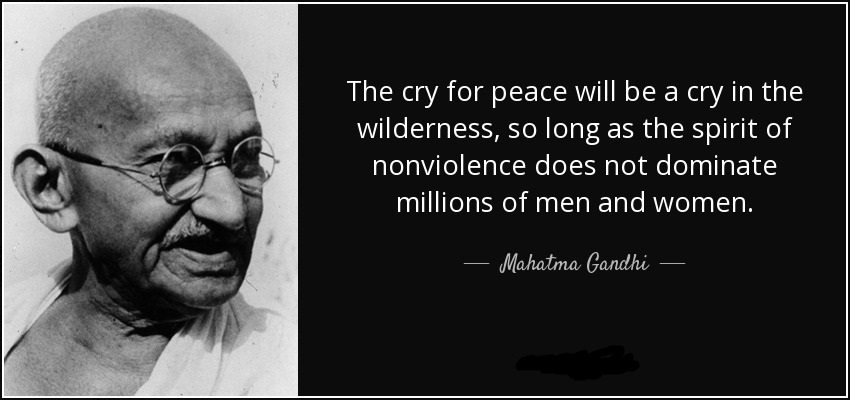
 Usher Raymond is in the middle of a lawsuit.
Usher Raymond is in the middle of a lawsuit.
Not for baby-mama-drama.
Not for infidelity, or assault.
Why? Because of copyright infringement and taking advantage of a student’s music writing talents. Kameron Glasper, a Morehouse student, is the accuser in this case, revealing that he “prematurely” signed a contract back in October 2009 with then-named Legendary Poets Music Publishing as a means to gain entry into the industry. Throughout his obligation, Glasper was given the opportunity to pen more than 10 songs for Usher’s 2010 release Raymond v Raymond, specifically the VERY first track on that album, titled “Monstar”. Fast forward almost a year later and Glasper says he wants his cut of the profits and rights from the use of that track.

Glasper, who wasn’t even credited for his contribution to the track, said that the publishing company, now renamed as Legendary Poets Music Group, “took advantage of [his] age and inexperience and eagerness.” Additionally, he’s requested that his former contract be voided so he would be rewarded 100% share of “Monstar’s” royalties. This suit is continuing in the DeKalb County Superior Court, but from the looks of it, the struggling singer-songwriter won’t get what he asked for. Anything’s possible though, right?
This comes a bit into the atmosphere of Bishop Long and New Birth’s situation with City Capital Corporation, in that you MUST know what you’re getting into whenever contracts are involved. The hunger for Kameron Glasper to be “discovered, noticed or revered” for his talents exceeded his ability to think clearly. It was partly his responsibility to know what kind of situation he was getting into. However, if the music group promised him monetary compensation, or even full control over his songs and they breached their verbal promises in the contract, this could make for a very complex situation (can you say Phaedra Parks?)
This is disheartening in that Glasper’s story is a dime-a-dozen in that many struggling artists sign away their rights and control to work for hopes of eventually being cast on the payroll. In return, they tune in to find their songs are #1 smash hits on iTunes, Rhapsody, radio and television stations worldwide. Although this might not turn out in Glasper’s favor, I’m prayerful that he will be provided some sort of leverage or settlement, and will definitely learn a lesson from this!
Should Kameron regain his rights to the tracks he wrote, or is he over his head in this matter? Do you think the music company’s predatory “agreement” happens in almost EVERY industry in America, or is it more prevalent in the music business?



